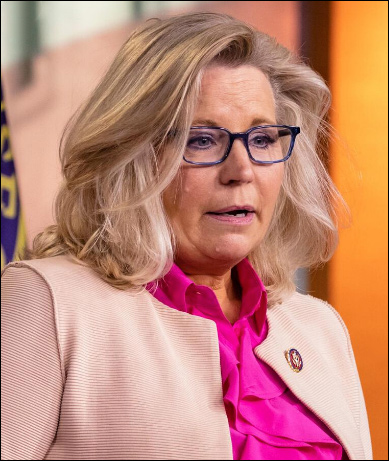Aug. 9, 2021 — Earlier this week, former Maine congressman, Bruce Poliquin (R), who lost his seat in 2018 through the Ranked Choice Voting system after placing first in the original count, declared his 2022 candidacy for a re-match with Rep. Jared Golden (D-Lewiston).
As we look toward the ’22 US House cycle, we see 13 close 2020 contenders (where the winner scored 52 percent or less) who have already announced that they will return for another run. Including Poliquin, only two of the 13 are former incumbents.
Below is a synopsis of the re-match races to date:
CA-25: Rep. Mike Garcia (R)
Former state Assemblywoman Christie Smith (D) has lost twice to Rep. Garcia but has announced a return for a third run after originally saying she would attempt to regain her seat in the state legislature. She will have competition in the June 7 jungle primary, however. Six other Democrats have declared their candidacies, and even resigned Rep. Katie Hill (D) has made noises about running again.
Redistricting will be a major factor in the outcome. The last race was decided by just 333 votes, so how the 2022 race forms next year is extremely uncertain.
CA-48: Rep. Michelle Steel (R)
Steel, a former Orange County Supervisor, defeated freshman Rep. Harley Rouda (D), 51-49 percent, in a coastal seat that had traditionally been strongly Republican. Redistricting will of course affect this district, like all others in southern California with the state losing a congressional seat for the first time in apportionment history, but Rouda is not waiting to view new boundary lines. He has already announced his return as a 2022 congressional candidate.
GA-7: Rep. Carolyn Bourdeaux (D)
Expect redistricting to change this marginal political district in a major way. With Democrats converting two Atlanta suburban seats in consecutive elections, Republican map drawers are likely to concede one of the two CDs to the Democrats while making the other much better for a GOP candidate.
It is likely that Rep. Lucy McBath (D-Marietta) will be the Democratic beneficiary of the draw, while freshman Rep. Bourdeaux will probably be looking at a much more difficult new district for her to win. Republican nominee Rich McCormick, who lost here 51-49 percent in 2020, looks to be in strong position if the redistricting strategy outlined above is adopted.
ME-2: Rep. Jared Golden (D)
As mentioned above, former Rep. Poliquin is returning for a re-match after sitting out the 2020 cycle. Redistricting probably won’t change the 2nd District much since Maine only has two CDs. Ranked Choice Voting will still be an issue for the Republicans here, but the GOP is better equipped to deal with it in 2022. This will be a highly competitive campaign in one of just seven districts that supported former President Trump and elected a Democrat to the US House.
MN-2: Rep. Angie Craig (D)
Marine Corps Reserve officer Tyler Kistner (R) held Rep. Craig to only a 48-46 percent win last November and returns for a re-match. This is another situation where redistricting will play a major role. It is more than likely the split legislature will mold the two politically marginal adjacent southern Minnesota districts into safer seats for both Craig and Republican Rep. Jim Hagedorn (R-Blue Earth/Rochester). Such a draw would make Kistner’s 2022 task much more difficult.
NH-1: Rep. Chris Pappas (D)
State Republican leaders, who now control both houses of the New Hampshire legislature, have already indicated they plan on making the state’s 1st District, which defeated more incumbents than any other seat in the country during the previous decade, into a better Republican seat while conceding the 2nd District to Democratic Rep. Annie Kuster (D-Concord). This does not bode well for Rep. Pappas, who defeated businessman Matt Mowers (R), 51-46 percent, in 2020.
Pappas has already said he is looking to enter what could be an open governor’s race if his congressional seat becomes more Republican. Last week, Mowers confirmed that he is planning to run again.
NJ-7: Rep. Tom Malinowski (D)
Former state Senate Minority Leader Tom Kean, Jr. (R), who came within two points of unseating Rep. Malinowski last November, will return. New Jersey redistricts by commission with five members of each party holding seats. A tie breaker is normally appointed to be the deciding vote. Democrats will want this seat to swing more their way, with Republican commissioners wanting likewise from their perspective. Another competitive race is forecast, but redistricting will likely determine the partisan tilt.
Continue reading







